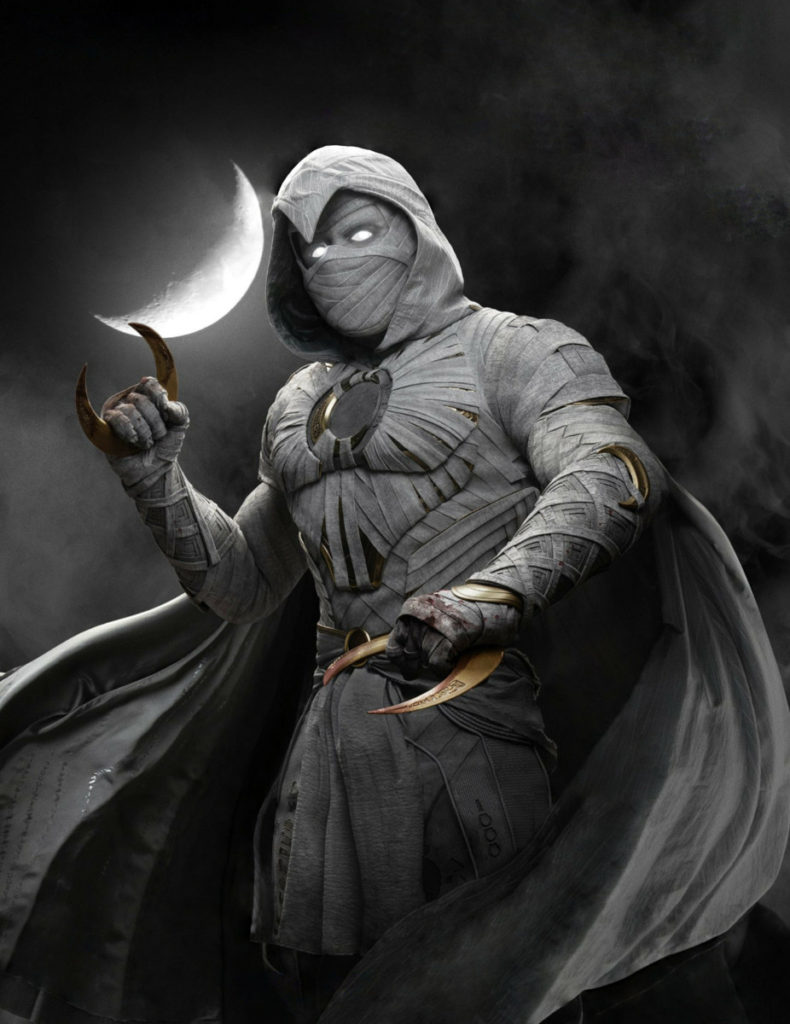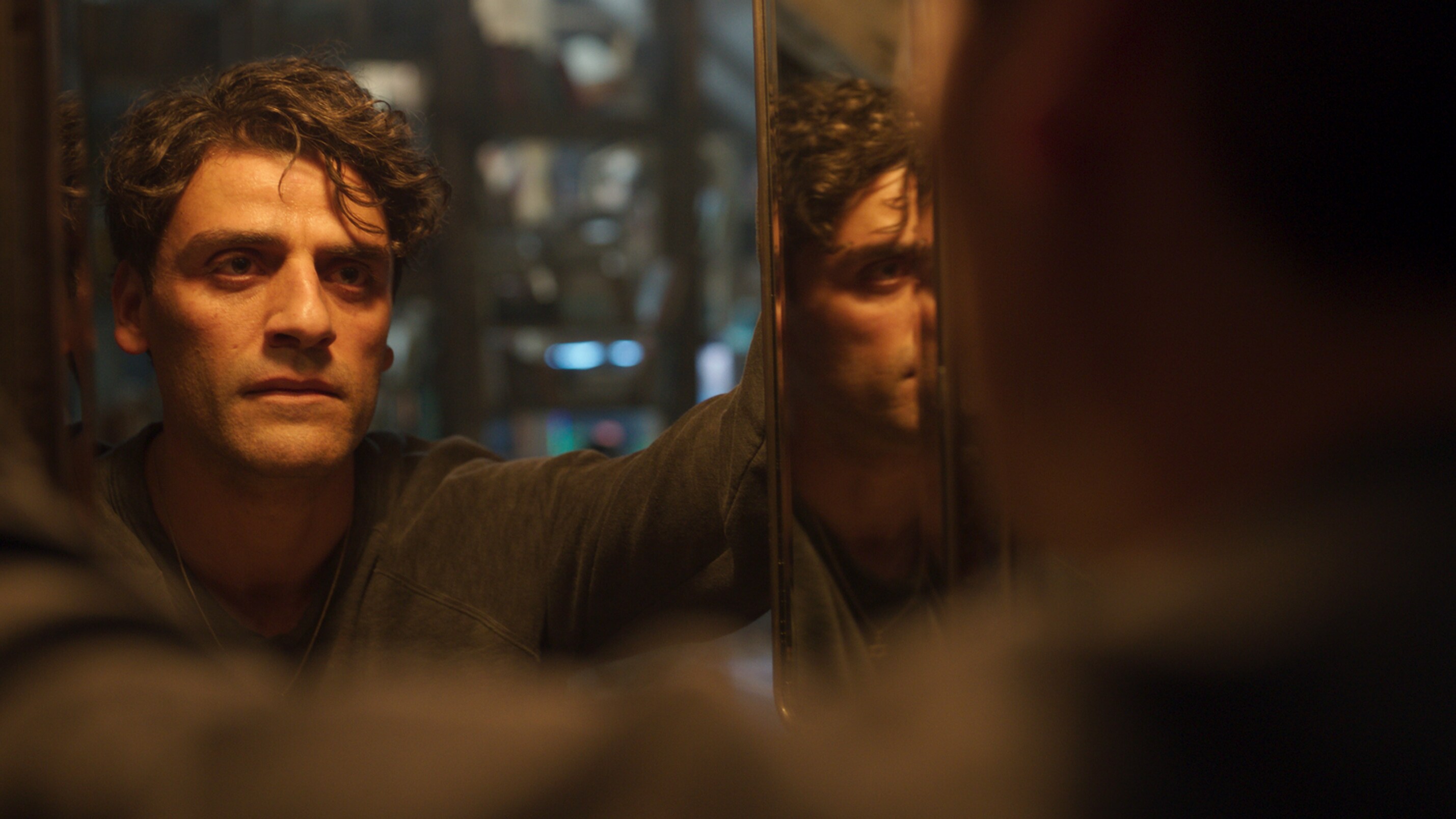Sophia Doshi, Reporter
@sophiadcourant
Trigger Warning: Dissociative Personality Disorder, talk of trauma
(and a Spoiler Warning)

I, like millions of others, recently finished the new hit show, Moon Knight, on Disney+. Similarly, like these same millions, I was left awestruck by the plot, the production, the characters, and the cinematic take on mental illness. As one of Marvel’s new Phase 4 shows, Moon Knight is a step towards the future of a new generation of cinema. Other movies and TV shows that have premiered so far include WandaVision, Spiderman: No Way Home, and Doctor Strange and the Multiverse of Madness. While they all touch on different themes including grief, sacrifice, and the fine line between good and evil, Moon Knight touches on something else entirely.

The show starts out by following the enigmatic, yet tired, Steven Grant. He lives in London, England and works at the famed British Museum in the Ancient Egypt section, and—hopefully you guessed it by now—becomes entangled in a mysterious yet dangerous world where Ancient Egyptian mythology and Steven’s reality start to blend together. Yet this is not the only hardship that Steven has to face; he has been having blackouts, waking up in the middle of random places where he doesn’t remember how he got there, and having to tie himself to his bed and tie his leg to the bedpost to prevent himself from what he believes is sleepwalking. Even with all these preventative measures, Steven still wakes up tired and continues to endure what feels like torture for him.

As the show progresses, his “sleepwalking” habits and blackouts are explained. While I am going to be talking about his mental illness, I don’t want to spoil too much of the plot (hopefully, if you’re reading this, you’ve already seen the whole series).
Steven Grant, or Marc Spector rather, suffers from a disorder called Dissociative Identity Disorder, also known as DID. According to the Cleveland Clinic, “DID is a mental health condition. People with DID have two or more separate identities. These personalities control their behavior at different times. Each identity has its own personal history, traits, likes and dislikes. DID can lead to gaps in memory and hallucinations (believing something is real when it isn’t)”. In reality, DID affects less than 2% of the world’s population. Marc is one of these people; he has another personality called Steven Grant (those who watched the show know the truth, however) who has a British accent and works in the British Museum, while Marc is a mercenary. While their circumstances are much more dramatized (only in rare cases do people with DID live two completely separate lives), the writers’ general understanding of the inner workings of DID was demonstrated in the show. The denial that Steven had when he learned that he was just a character that Marc made up to hide from his childhood trauma has been seen similarly in different cases throughout the world—both the denial and trauma aspects.
However, what many people may misunderstand is that DID is not a genetically based psychotic disorder, but it really is one of several dissociative disorders. A psychotic disorder and a dissociative disorder are two different things. According to the National Library of Medicine, a psychotic disorder is generally known to create disorganized thoughts and behaviors, while dissociative disorders cause feelings of detachment from one’s self and reality. DID is an example of a dissociative disorder, while schizophrenia is an example of a psychotic disorder.

Furthermore, neither of these disorders fault the people who suffer from them. According to aamft.org, DID in particular is caused by severe and/or prolonged trauma experienced during childhood, including emotional, physical or sexual abuse. This is seen in Moon Knight, during the scenes where Marc’s mom is physically abusing him while she was experiencing a breakdown. It was also evident that a couple moments before she entered his bedroom, Marc shifted into his alter personality, Steven. Then immediately before she entered his room, he shifted back into Marc, because Marc never wanted Steven to experience his mother’s abuse.
While topics like disorders caused by trauma as interpreted by the media and the reality of these disorders in everyday life are disheartening, they are important to talk about. Understanding how these disorders work and how to help the people that suffer from them are both steps in the right direction for the proper treatment, as well as interpretation, for them.




